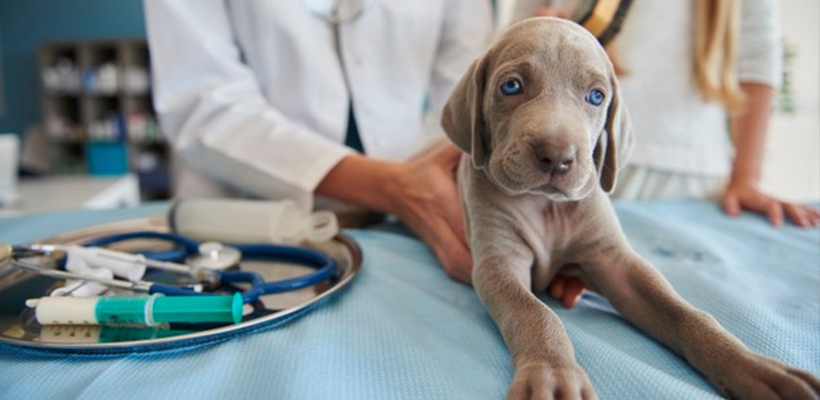
This article was contributed by guest writer, R. Thomas (Dog Agility Trainer)
Signs That Your Dog Urgently Needs to Be Seen by a Veterinarian
Witnessing your dog’s health deteriorating, and your precious pooch becoming seriously ill in front of your eyes can be truly devastating for dog owners. As an owner, you are responsible for looking after your dog and carrying out routine health checks. However, suppose you realize your dog is getting seriously ill. In that case, time is very much of the essence, and you need to react quickly and call your nearest veterinary center so that your dog can be examined by a trained Doctor of Veterinary Medicine (DVD).
The veterinarian may decide to keep your dog in the veterinary center for a few days or even weeks to monitor their progress and nurse them back to being fit and healthy. You most certainly shouldn’t rest on your laurels and not contact the veterinarian for weeks when your pet is ill, since their condition could get a lot worse in the meantime and then become much more difficult to treat. The best advice is to trust the trained professional experts. We have come up with a guide to the signs to look out for that can indicate your dog urgently needs to be seen by a veterinarian as soon as possible.
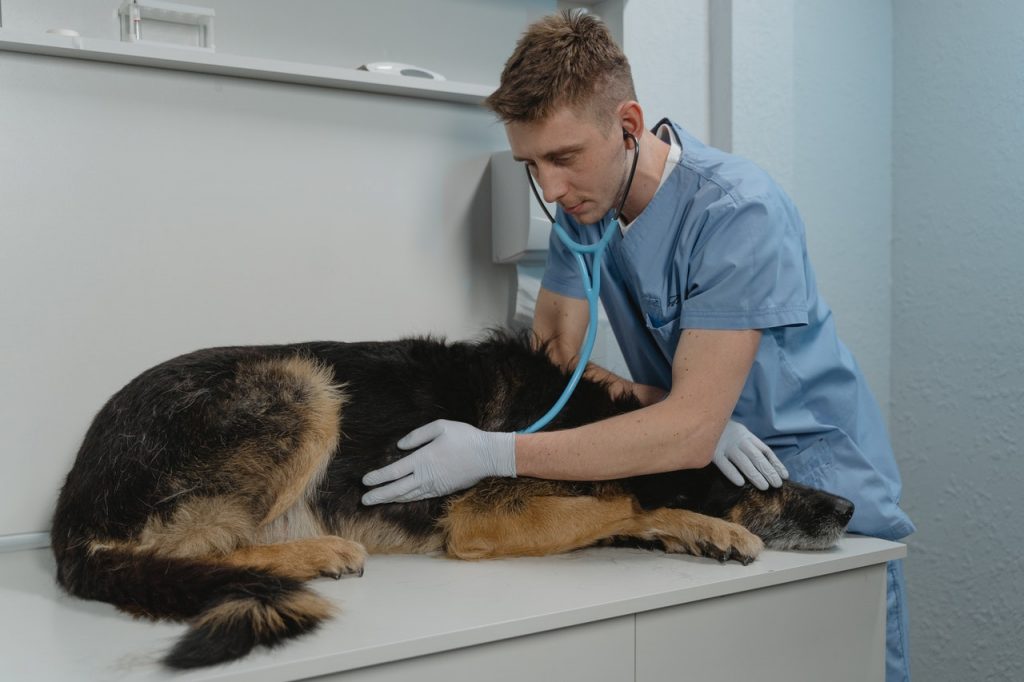
Breathing Difficulties
A sign your dog could be ill and needs to be physically examined by a veterinarian as soon as possible, is when they experience breathing difficulties.
Some signs of difficult or labored breathing in dogs you must look out for include:
- Breathing with their mouth open,
- Excessive panting,
- Their chest wall (belly) moving up and down at a much quicker rate than usual,
- The abdomen heaving with every breath,
- Short and Fast Breaths (hyperventilation),
- Noisy raspy breathing,
- Their nostrils flaring as they breathe,
Noticing that your dog is distressed and hyperventilating relentlessly can be stressful and upsetting for any dedicated dog owner. You should pick up the phone and contact your dog’s veterinarian and book an appointment as soon as you possibly can. On the way to the veterinary center, take certain precautions so that your dog doesn’t start hyperventilating even more, such as winding down the car windows so your dog can feel a little bit cooler and doesn’t overheat in your car. If you want to learn more about why your dog is hyperventilating, have a look at this article from Native Pet, a quality provider of nutritional supplements, toppers, and chews for dogs.
Breathing difficulties can be a symptom of rather serious illnesses in dogs such as lung and respiratory issues, tumors, heart disease, allergies, injury, or obstructions from your dog having ingested foreign objects. Hence why it’s vital that you quickly contact a veterinarian and not hang about when your canine buddy is experiencing breathing difficulties.
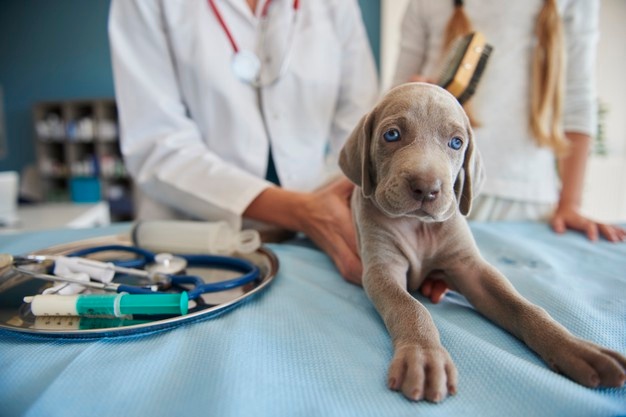
Loss of Appetite
Dogs are well known for loving their food and being natural opportunistic scavengers, so you cannot leave plates of food lying around the kitchen when you have a dog. They are grateful for any opportunity to lap up any leftover food that they can get their paws on. Therefore, you should feel concerned when you suddenly notice that your dog has unusually lost his or her appetite and is currently eating significantly less food.
A loss of appetite cannot be assessed by looking at your dog’s eating habits just over one single day. If, over the course of a few days, you realize that your dog is consistently not interested in eating much and has lost its appetite, this is a concern, and you should definitely alert your veterinarian promptly.
A loss of appetite can be a symptom of dogs suffering from health issues such as:
- Viral infections such as distemper and parvovirus,
- Cancer,
- Systemic infections,
- Liver problems,
- Kidney failure,
- Canine influenza (‘dog flu’),
- Dental disease or tooth pain,
- Pain occurring anywhere in the body,

Digestive Problems
Signs of your dog experiencing digestive problems such as vomiting, flatulence, constipation, hardened stools, or diarrhea, can indicate that your dog is seriously ill and needs to see a veterinarian very soon.
You can spot that your dog has developed digestive problems by seeing if they are vomiting too frequently. You can also observe if they are consistently experiencing difficulties in passing bowel movements and looking at their stools for signs of constipation or diarrhea. If you notice your dog having diarrhea or constipation over an extended period of time, contact your veterinarian.
Blood appearing in your dog’s stools is particularly concerning as it can sometimes be a sign of cancer, so you should visit your veterinarian if you ever spot it. However, blood in a stool can also be due to other causes such as reactions to foods that they shouldn’t have eaten, allergies, and stress. Nevertheless, despite it being possible that blood in your dog’s stool could be down to something more minor, you should take finding bloody stools seriously and contact your veterinarian to examine them further.
Digestive problems can be a sign indicating a dog has health conditions such as:
- Parvovirus,
- Colitis and inflammation of the large intestine,
- Inflammatory bowel disease,
- Gastritis and inflammation of the stomach,
- Cancers of the Digestive System,
- Gastrointestinal obstruction and ulcers,
- Gastroenteritis,
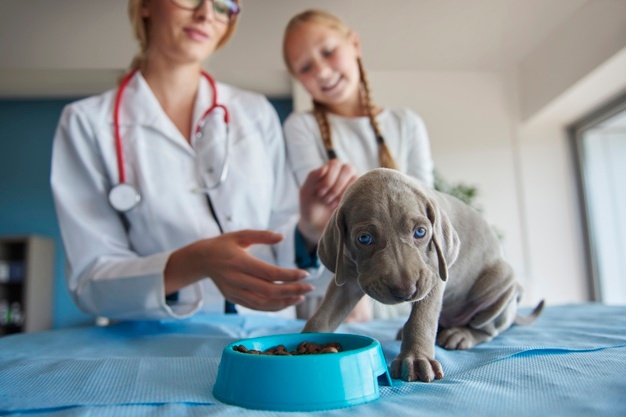
Excessive Drinking and Thirst
Dogs starting to drink excessively is something that owners should keep their eyes out for. A dog may be drinking excessively due to having recently eaten salty-tasting dog food or feeling dehydrated after going on a long walk. However, excessive thirst and dehydration can be signs of more serious illnesses. So, don’t take any chances. Get yourself an appointment and take your pup along to your veterinarian if you notice they are behaving unusually and drinking excessively.
Excessive thirst and persistent dehydration in dogs can be a sign of severe health issues such as:
- Cushing’s disease,
- Cancer,
- High fever,
- Infections,
- Kidney disease,
Sometimes, however, your dog’s excessive thirst and dehydration may not be caused by a particular condition; it can be due to new medication that your dog is taking to treat a condition they have recently been diagnosed with. We recommend getting some clarity and peace of mind from a professional by visiting your veterinary center if you notice a trend in your dog frequently drinking excessively and getting dehydrated easily.
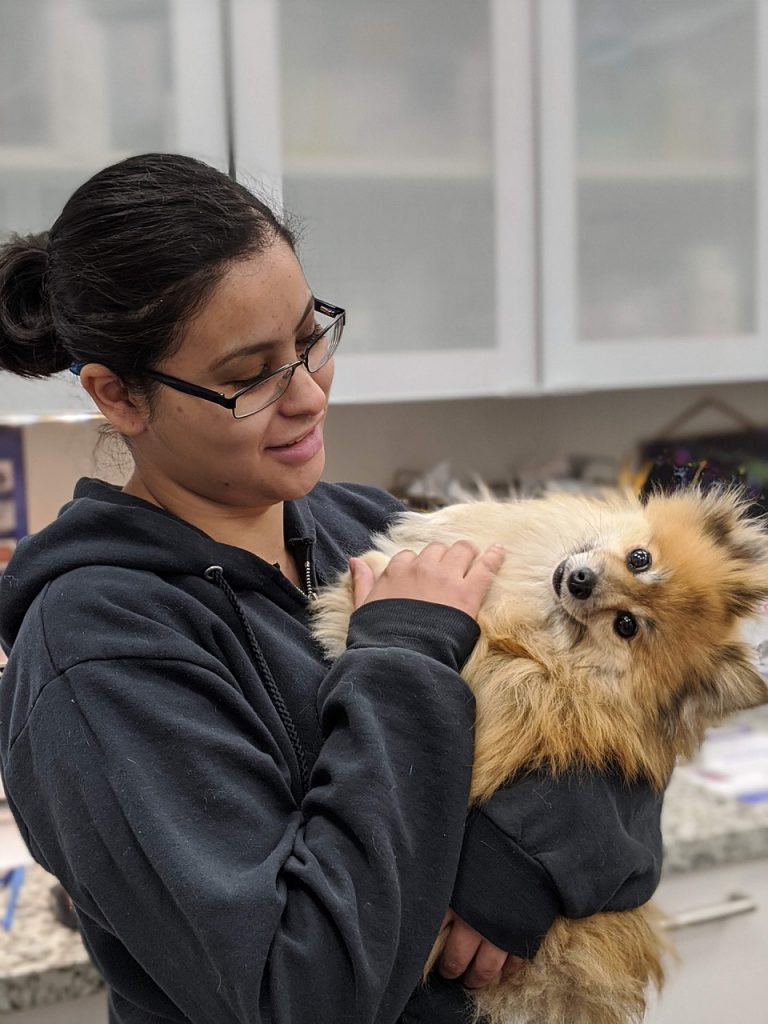
Skin Problems
Skin problems can cause great irritation and distress to your dog and lead to them scratching themselves incessantly. Suppose your dog has a persistent skin condition that isn’t showing any signs of going away. In that case, you should take them to your veterinarian so they can prescribe medicated skin products to clear up the skin condition and reduce their discomfort.
Signs of skin conditions in dogs include:
- Constant Itching,
- Skin inflammations and evidence of flea bites,
- Lethargy,
- Loss of hair,
- Dehydration,
- Mood swings and changes in behavior,
- Loss of Appetite,
Skin problems in dogs may be signs of more serious conditions such as:
- Bacterial infections,
- Fungal infections,
- Parasite allergies from tick-borne diseases,
It’s better not to hang around with skin conditions as they can increasingly cause your dog a great deal of discomfort and pain when they go left untreated for an extended period of time. So, in the best interests of your doggie and their health and wellbeing, it’s a wise idea to take them down to see the veterinarian.
Final Thoughts
Despite us all thinking that we are dog-whispers and experts in pet health care, sometimes the best advice is to go to your veterinary center if you encounter anything in your dog that you are particularly concerned about or unsure about. It’s certainly a good idea to rely on the expert opinion of qualified veterinary professionals than your assumptions as a dog owner.
